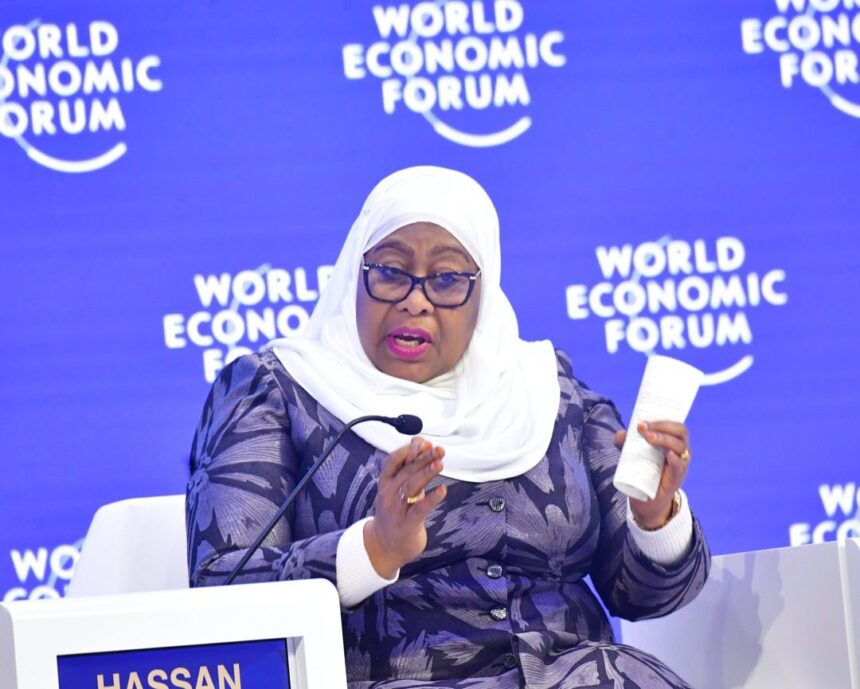Making history
Tanzania is making a historical leap for her economy, where, for the first time in 62 years of independence, the Central Bank of Tanzania (BOT), has opened a gold reserve that will be purchasing gold locally from local miners. Now, the country will not only rely on foreign currency reserves, as it has done for many years, but it will also have the gold reserve, a move highly praised by many economists and international finance and trade experts, who consider it a crucial step towards further economic liberation.
In the fiscal year 2023/24, the government of Tanzania plans to purchase 6 tons of gold. According to the Governor of the Central Bank, Mr. Emmanuel Tutuba, the government has already purchased 418 kilograms since September 21, 2023.
The initiative by President Samia Suluhu’s government will not only strengthen the government’s ability to import goods, but also improve the lives of individuals, such as small-scale miners, benefiting both small and medium-sized miners. Various economic stakeholders predict that Tanzania will succeed in this endeavour since all the gold purchased by the BOT will be refined by local industries, such as GGR in Geita, which holds international certifications for refining gold to 99.999%, which is practically 100%.
The road to recovery
Tanzania has embarked on this gold storage initiative at a time when many African nations are still grappling with the effects of COVID-19, and the Russia-Ukraine conflict continues in Europe. The stability of Tanzania’s economy does not mean that it has been immune to the impacts of COVID-19 and the Russia-Ukraine conflict. Instead, it is attributed to sound policies and effective resource management under President Samia Suluhu, which have significantly contributed to a quicker-than-expected economic recovery. For example, monthly reports from the Central Bank show that Tanzania’s inflation rate has been decreasing for seven consecutive months, dropping from 4.9% in January to 3.3% in June. Despite global economic challenges, Tanzania was able to provide subsidies exceeding Tsh 100 billion for fuel and over Tsh 150 billion for fertilizer, actions that have bolstered the country’s economy to this day.
Africa’s struggle
If Tanzania had not been satisfied with its economic situation, it would not have made the decision to establish a gold reserve at a time when many African countries are in worse economic conditions. For instance, in September 2023, Ghana was declared bankrupt and had to turn to the International Monetary Fund (IMF) for a $3 billion loan to rescue its economy. While Tanzania is using its currency to purchase gold, the Kenyan shilling has depreciated by 17% against the dollar in just this year, the largest drop in its value in the past 15 years, as reported by Treasury Secretary Njuguna Ndung’u.
Almost all African countries have faced a shortage of dollars, and each one is striving in its own way to overcome this situation. Tanzania’s decision to have a gold reserve will enable it to acquire foreign currency to support economic activities, but it will also serve as an alternative means for Tanzania to store its wealth and reserves instead of holding cash. As the value of gold continues to rise in the global market, the country will accumulate more wealth compared to holding cash, and gold is a stable investment, unlike the fluctuations seen with the dollar or other currencies.
A solution to many problems
The decision to purchase gold will reduce the smuggling of these minerals, as small-scale miners will have a reliable market. Tanzania is the fourth-largest producer of gold in Africa, and its abundant resources make it a substantial holder of these minerals in its treasury. This move offers hope for resolving issues caused by a shortage of dollars, such as rising fuel prices, medicine costs, fertilizer, and other essential goods.


